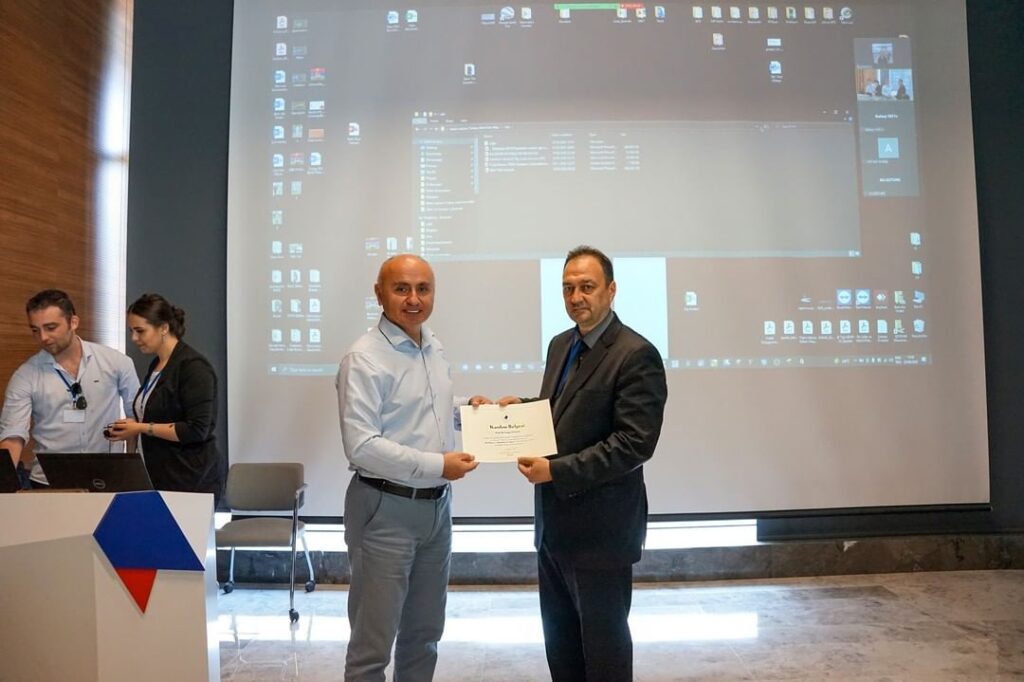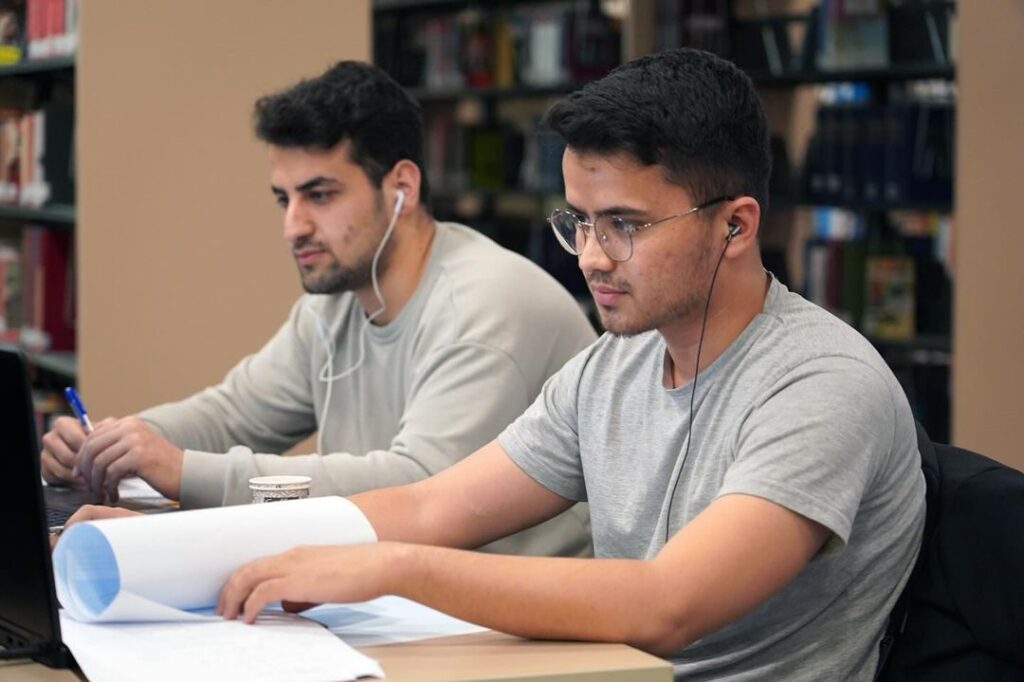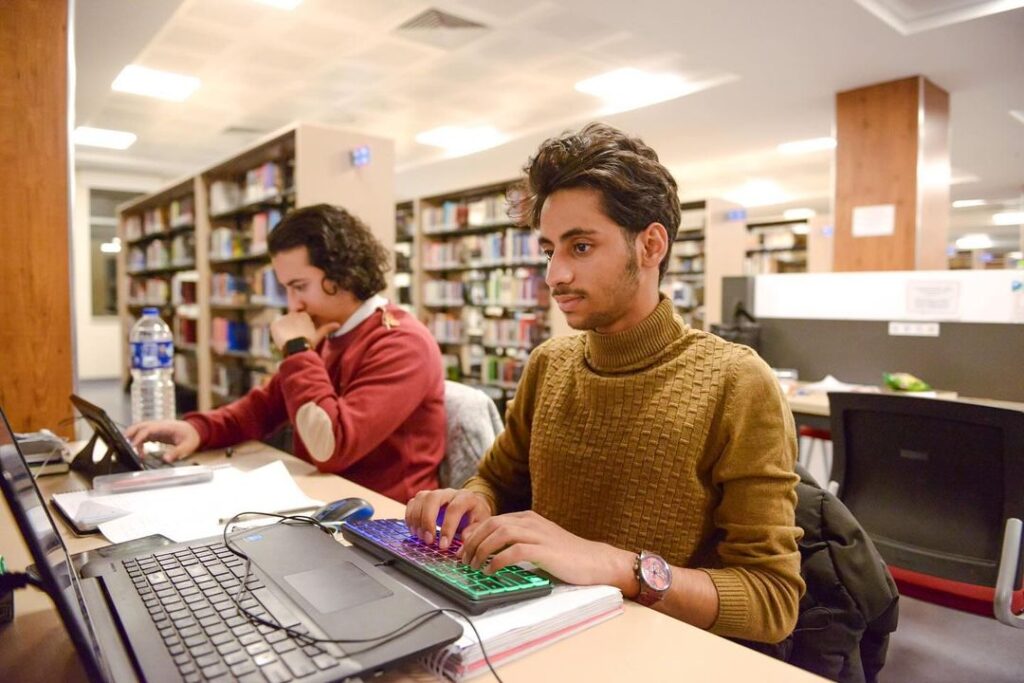What We Offer
- Faculty-led research projects
- nternships with governmental and non-governmental organizations
- Political Science Club
- Career counseling and support
- Job placement assistance
You will have access to
- Access to political science journals and publications
- Community service projects and advocacy programs
- Networking opportunities
We are known for our
- Qualified Faculty
- Experienced Faculty
- Dynamic Course Offerings
- Active Student Organizations
- Successful Alumni
- ئیمەلی بەش
- British International University (BIU) Building E, 1st Floor, Room 17

The Dean's Word
Dear Students and Faculty Members,
As the Dean of the Faculty of Political Sciences at British International University, I extend a warm welcome to all of you as we embark on another exciting academic year. It is both an honor and a privilege to lead a faculty that plays a vital role in shaping the future leaders and thinkers of our society.
Our faculty is committed to providing an inclusive and stimulating learning environment that encourages critical thinking, fosters academic excellence, and promotes active engagement with contemporary political issues. We are dedicated to equipping our students with the analytical skills, knowledge, and ethical frameworks necessary to navigate and influence the ever-evolving political landscape.
This year, we aim to enhance our curriculum with new courses that reflect the latest developments in political theory and practice. Additionally, we will continue to facilitate internships and partnerships with various governmental and non-governmental organizations, providing our students with practical experience that complements their academic studies.
I encourage all students to take full advantage of the resources available to you, including our faculty’s office hours, workshops, and extracurricular activities. Your involvement and contributions are essential to our community’s vibrancy and success.
Together, we can create an environment that nurtures innovation, collaboration, and respect for diverse perspectives. I am excited to witness the growth and accomplishments of each one of you this year.
Thank you for your commitment to excellence and your passion for political sciences. Let us strive together to make a meaningful impact in our communities and beyond.
- About
- Bachelor Degree
- Master’s Degree
- Doctoral Programs
- Certificate Programs
The Faculty of Political Sciences is dedicated to the study of political systems, governance, international relations, public policies, and diplomacy. It offers comprehensive undergraduate, graduate, and doctoral programs designed to equip students with a deep understanding of the complex political landscapes that shape our world. The faculty emphasizes critical thinking, analytical skills, and practical experience, preparing students for leadership roles in public administration, international organizations, diplomacy, academia, and political analysis.
Global Perspective: The faculty places a strong emphasis on understanding global politics. Students are exposed to a range of international issues such as human rights, conflict resolution, foreign policy, and international law, preparing them to engage in diplomacy, foreign affairs, and international organizations.
Research and Analysis: The faculty encourages critical thinking and research, enabling students to analyze political trends, conflicts, and governance challenges. They gain skills in qualitative and quantitative research methodologies, preparing them for roles in policy analysis, research institutes, and think tanks.
Undergraduate Programs
Bachelor of Arts (B.A.) in Political Science
- Duration: 3-4 years
- Key Courses: Introduction to Political Science, Comparative Politics, International Relations, Political Theory, Public Policy.
- Specializations: Political Theory, International Relations, Public Administration, Political Economy.
- Career Pathways: Policy Analyst, Political Consultant, Government Official, Journalist.
Bachelor of Arts (B.A.) in International Relations
- Duration: 3-4 years
- Key Courses: Global Governance, Diplomatic Studies, International Law, Conflict Resolution.
- Specializations: Global Security, Human Rights, International Development.
- Career Pathways: Diplomat, International Relations Specialist, Foreign Affairs Officer, NGO Manager.
Bachelor of Arts (B.A.) in Public Administration
- Duration: 3-4 years
- Key Courses: Public Policy, Administrative Law, Public Finance, Organizational Behavior.
- Specializations: Public Policy, Government Management, Urban Development.
- Career Pathways: Public Administrator, Policy Advisor, Urban Planner, Civil Servant.
Master of Arts (M.A.) in Political Science
- Duration: 1-2 years
- Key Courses: Advanced Political Theory, Political Institutions, Global Political Economy.
- Career Pathways: University Lecturer, Political Analyst, Researcher.
Master of Arts (M.A.) in International Relations
- Duration: 1-2 years
- Key Courses: Advanced International Relations, Security Studies, Foreign Policy Analysis.
- Career Pathways: Diplomat, International Policy Consultant, Intelligence Analyst.
Master of Public Administration (M.P.A.)
- Duration: 1-2 years
- Key Courses: Public Management, Governance, Public Sector Budgeting, Ethics in Public Service.
- Career Pathways: Government Executive, Policy Maker, Public Sector Manager.
Doctoral Programs
Doctor of Philosophy (Ph.D.) in Political Science
- Duration: 3-5 years
- Focus: In-depth research on political theory, comparative politics, or public policy.
- Career Pathways: Academic Researcher, University Professor, Senior Policy Advisor.
Doctor of Philosophy (Ph.D.) in International Relations
- Duration: 3-5 years
- Focus: Global politics, international conflict, peace studies, foreign policy.
- Career Pathways: Diplomatic Advisor, International Affairs Expert, Senior Research Fellow.
Postgraduate Certificate in Public Policy
- Duration: 6 months to 1 year
- Focus: Key concepts in public administration and policy formulation.
- Career Pathways: Public Policy Consultant, Government Advisor.
Professional Diplomas
- Diplomas: Conflict Resolution, Global Diplomacy, Political Communication.
- Career Pathways: Diplomat, Political Campaign Manager, NGO Specialist.
Extracurricular Opportunities
- Internships: Students are encouraged to gain experience through internships with government agencies, international organizations, political parties, or NGOs.
- Model United Nations (MUN): Active participation in MUN conferences where students can simulate international diplomacy and enhance negotiation skills.
- Political Science Society: A student-led organization that hosts debates, guest lectures, and networking events with political leaders and analysts.
- Public Speaking and Debate Clubs: These clubs help students develop their oratory and critical thinking skills, which are essential for careers in politics and diplomacy.
International Relations Courses
Public Policy Courses
Capstone Projects and Thesis

